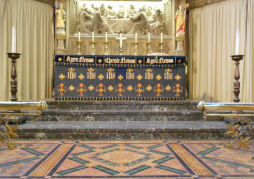
During the past year, we've seen the net close. Close around criminals on the run, trying to evade justice in Spain. Close around some of the last remaining Nazi war criminals. Close around men guilty of crimes against children and vulnerable adults. Close around those whose actions have been dark, whether those actions were publicly known or whether they were formerly hidden in secret.
There's nowhere to hide, and justice has been done.
It's a stark image of Advent; of the coming of Christ, when the secrets of all our hearts will be disclosed. Judgement may not be a popular theme - at least, not if we're to be the ones in the dock - but Christian teaching is clear: we are accountable to God, and will eventually answer for our actions. It's imperative for us to call on God's mercy here and now, to repent and seek his renewal in our lives. Those who call upon the name of the Lord will be saved.
Advent is therefore a season of penitence as well as preparation. At the Eucharist, we omit the Gloria but sing the Kyries: 'Lord, have mercy upon us. Christ, have mercy upon us. Lord, have mercy upon us.' 'Kyrie eleison. Christe eleison. Kyrie eleison.' The words form a focal point in church, written as they are (in Greek) on the High Altar frontal. And even more important than the words is the way we conduct our lives, seeking forgiveness from God and our neighbour for all that has been amiss, and serving Christ more fully in the needy of the world.
One of the vows made in the Benedictine monastic tradition is the vow of stability. Stability means that members of religious communities should not move from one place to another when the going becomes hard. Instead, they commit to stay where they are, living in community even with those they dislike, misunderstand or find difficult; living in community with those whom they may have wronged or offended, or who may have wronged or offended them. Only by so doing can all those concerned learn how to give and receive forgiveness, to grow in love and understanding, to become the people of God amongst whom the presence of Christ will be revealed.
Stability isn't popular today. All too often, we choose a different path. When we find the life of the church challenging, we run away. We assume that a fresh start somewhere else, among people more agreeable to ourselves, in circumstances that are different, will be the solution. Occasionally, that may even be the case. But usually, we take the problem with us because it's part of us. We try to run away from it, but it catches up with us again. We can't escape from ourselves, try as we might. Indeed, the challenges may arise precisely because God is bringing to light within us the truth about ourselves in order that we can grow spiritually. One outcome of running away is that our failure to grow through adversity stifles our spiritual life.
And if we spend our life trying to escape from ourselves, from those aspects of our character which need to be overcome or redeemed, how will we stand before God at the last?
During Advent, therefore, we examine ourselves and repent. We seek to make a fresh start. We open our lives more consciously to the voice of God, heard as we worship, pray, reflect on Scripture - and relate to other people. We try to be more honest with ourselves and others, and before God. And we learn, little by little, to work through the challenges presented - presented not so much by others, but by our own self in relation to them. The only way we can escape from ourselves is to be transformed, to become re-created in Christ. In so doing, we find our feelings of blame, guilt or anger give way to peace, joy and redemption.
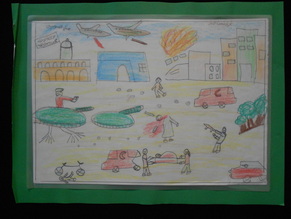
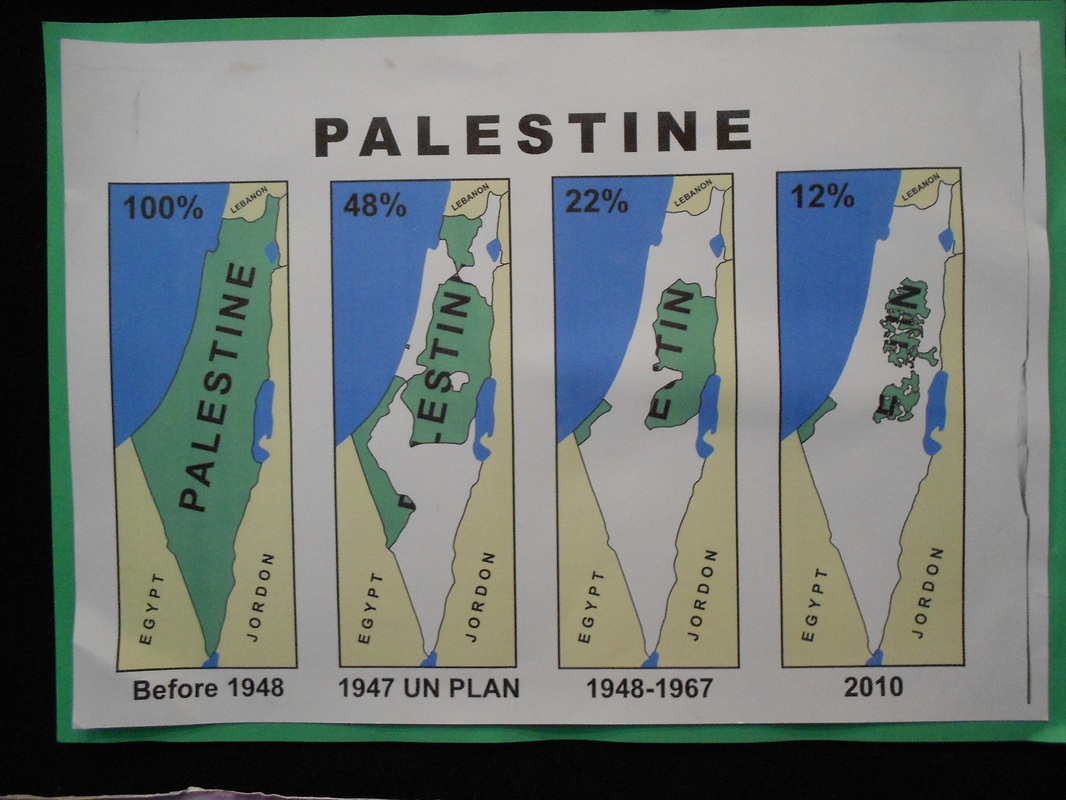
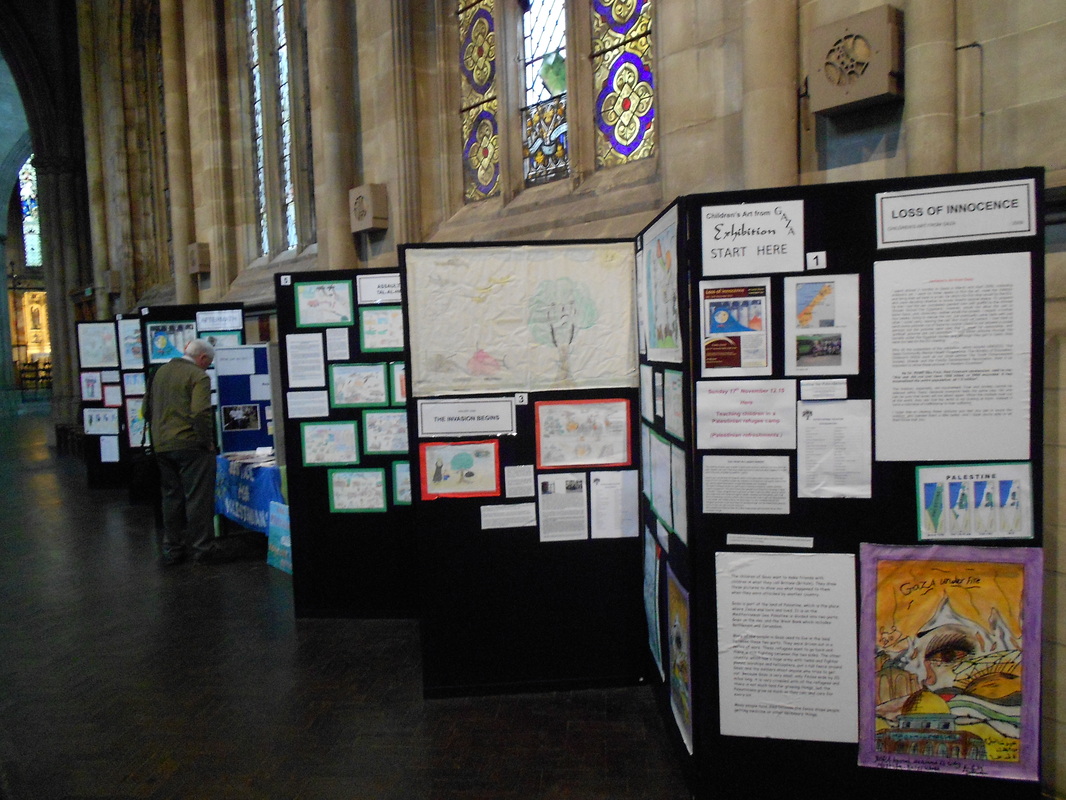
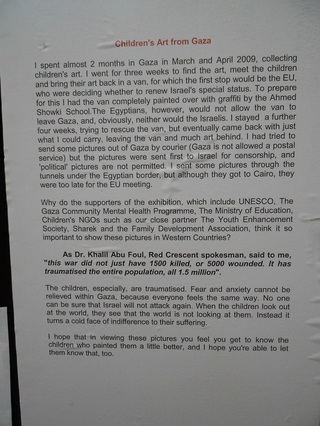
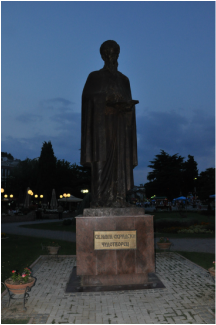
 RSS Feed
RSS Feed